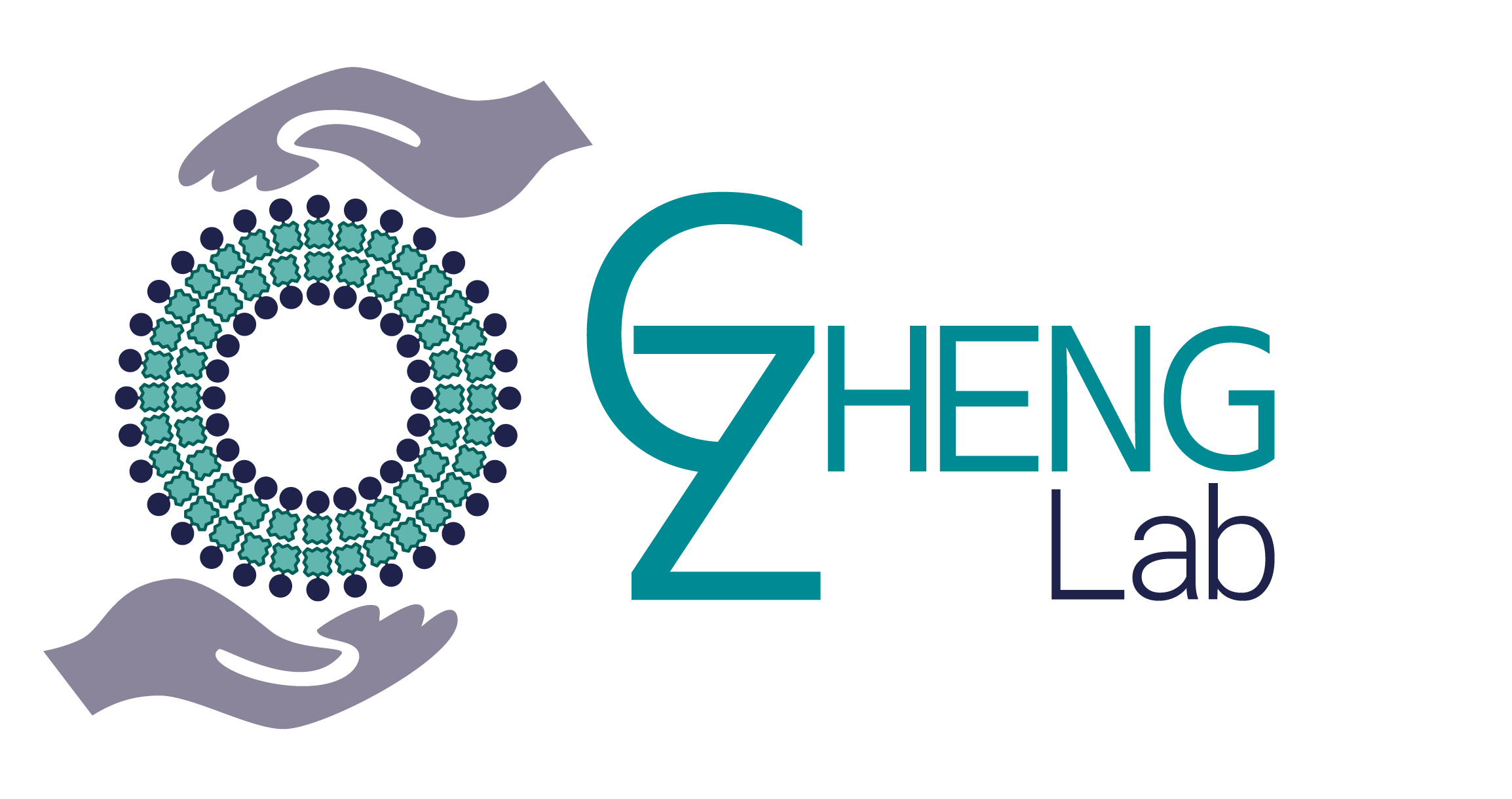Corbin IR, Chen J, Cao W, Li H, Lund-Katz S, Zheng G
Journal of Biomedical Nanotechnology, 2007
DOI: 10.1166/jbn.2007.053
One of the greatest obstacles nanoscale drug delivery systems face is the high nonspecific uptake by the reticular endothelial system (RES). Currently, PEGylation is the method of choice to address this problem. Herein we introduce an engineered high density lipoprotein-based nanocarrier (eHDL) as an enhanced cancer-targeted delivery system. eHDLs are high-density lipoprotein (HDL)-like nanoparticles consisting of a tumor ligand-conjugated apoA-I scaffold capable of carrying versatile payloads of cancer diagnostics and therapeutics. Similar to native HDL, eHDLs are biocompatible, precisely controlled ultra small particles (∼10 nm) with RES mitigating properties. In this study, we describe the preparation and characterization of eHDL and confirm that incorporation of exogenous agents do not compromise the structural or functional integrity of the particle. We further demonstrate both in vitro and in vivo that eHDL can be efficiently targeted to cancer cells. Proof of the efficacy of this procedure was demonstrated using a proto-type near-infrared (NIR) fluorescent-labeled folate receptor-targeted eHDL. This eHDL displayed exceptional in vivo performance in tumor-bearing mice. High levels of the particles were selectively localized within the targeted tumor while minimal uptake by RES was detected. This study demonstrates that eHDL particles are highly efficient carriers that provide a viable non-PEGylated approach for addressing the non-specific uptake of most nanoparticle-based delivery systems.
